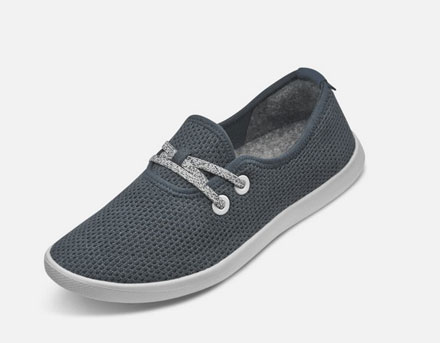
Sweetwoods a project made up of nine European companies, is to begin producing wood-based biomaterials for the first time on an industrial scale. This unique €43 million bio-economy project, funded by the Bio-based Industries Joint Undertaking (BBI JU) is now underway, with its key aim of developing a first-of-its-kind bio-fractionation flagship plant in Estonia to turn sustainable hardwood residues into high purity intermediate building blocks of cellulosic sugars and high-quality lignin. Source: Biobased World News
To learn more about this project that has such huge potential, Bio-Based World News spoke exclusively to two members of the consortium, Matti Heikkilä CTO of Finland’s pioneering enzyme technology company MetGen and Peep Pitk, R&D Manager of Europe’s largest pellet producer Graanul Invest that is building up the wood fractionation flagship plant in Estonia.
“The concept began around five years ago. We knew about the potential of wood, that much more could be done with it and that a concept of biorefining could transform hardwood into higher added value products. Most of the solutions and technologies to make this happen were ready to be commercialised, but we just needed to match up the skills and partners to make the concept a reality,” Mr Heikkila said.
For Mr Pitk the opportunities of the partnership are clear: “This project really is a game changer”.
Mr Pitk said that it is outdated understanding that the only way to valorise technological wood is via highly resource demanding chemical pulping processes. The wood fractionation concept that they were working on can offer so much more by converting over 90% of wood into useful high value products with small ecological footprint.
Unlike some other projects that pass through the bio-economy, the goal, and commercial potential of the offering has been clear from the outset. The consortium powering the project connects all the links in the value chain and covers the entire material process.
By fractionating the wood into pure sugars and lignin it becomes possible to further refine the material into high added value products that can be used to replace oil-based chemicals and plastics.
New bio-based consumer products including sports mats, insulation panels and replacements for plastics are just some of the items mentioned.
Alongside MetGen and AS Graanul Invest, the seven other members of the European wide consortium are Tecnaro Gesellschaft zur industriellen Anwendung Nachwachsender Rohstoffe MBH (Germany), Ultima GMBH (Germany), Recticel N.V. (Belgium), Global Bioenergies (France), 2B Srl (Italy), Vertech Group (France) and Spinverse OY (Finland).
There has been a “spirit of collaboration” among the partners from the very start but the project has also been greatly supported by BBI JU, a public-private partnership between the EU and the Bio-Based Industries Consortium (BIC) focused on developing the European bio-based economy.
“It’s been very important to have had BBI-JU in supporting us. They have gathered industry experts and offer a long-term, experienced view of what is required to build a successful bioeconomy consortium that can deliver a commercial success,” Mr Heikkila said. “Without them it would have been far harder to forge this alliance,” added Mr Pitk.
The next steps for the project are to build the flagship plant in Estonia to demonstrate its viability at industrial scale.







